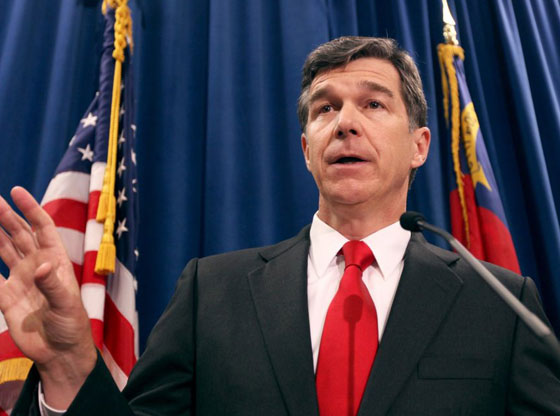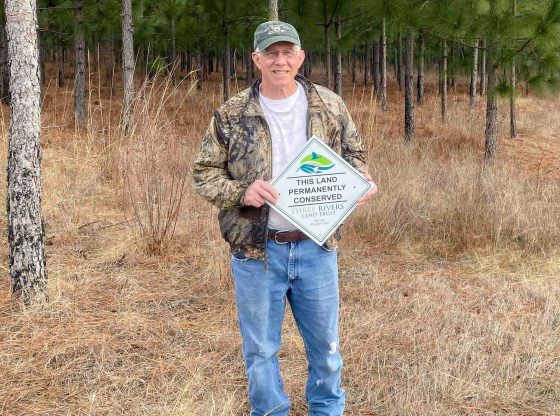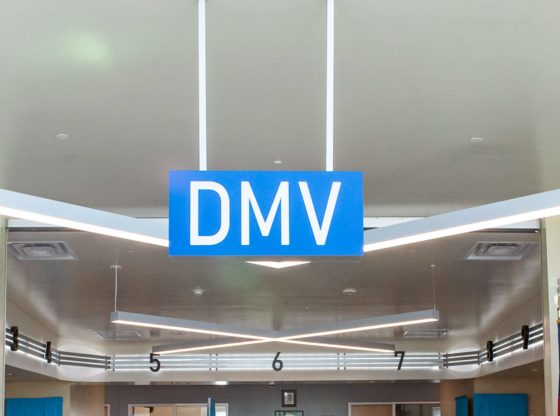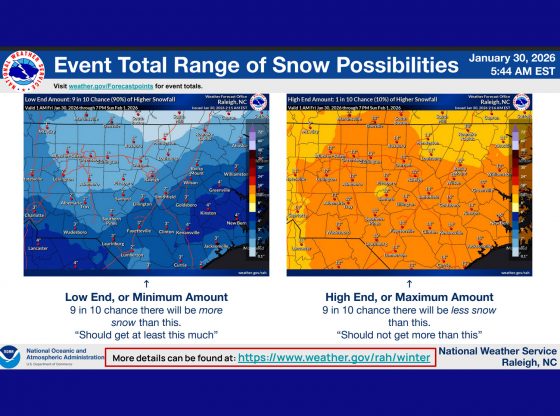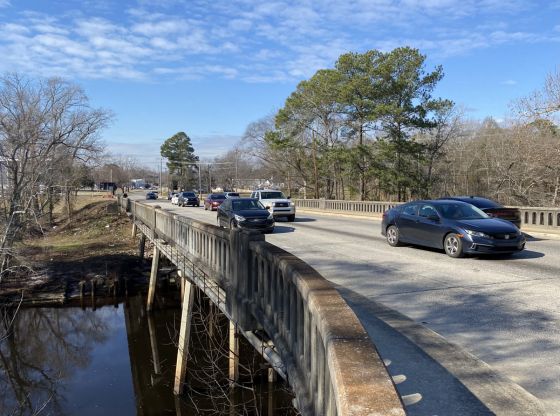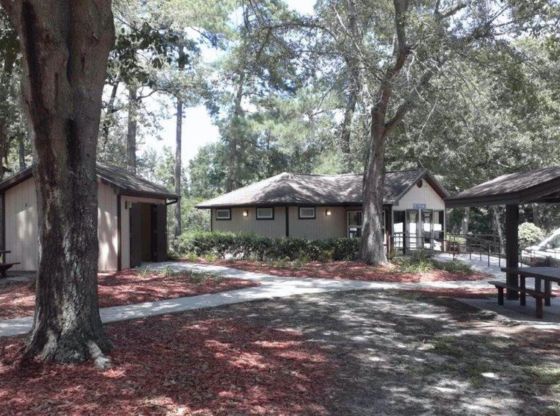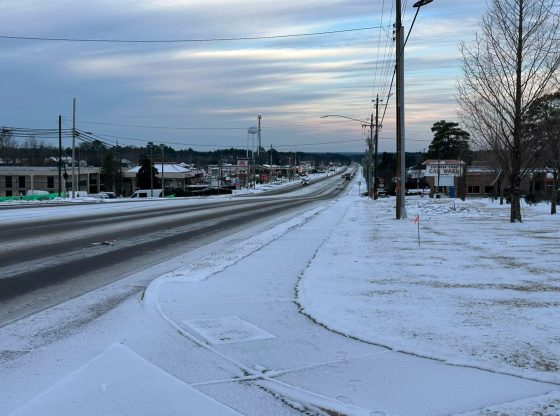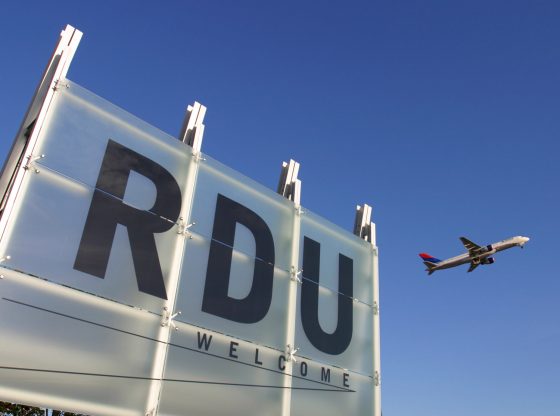RALEIGH, N.C. (AP) — Gov. Roy Cooper proposed budget adjustments Thursday that would give teachers average pay raises of more than 8 percent, to be paid for by blocking some tax breaks Republicans approved for corporations and six-figure income earners set to take effect in January.
“It’s tax fairness for teacher pay,” the Democratic governor told reporters. His $24.5 billion plan for the fiscal year starting July 1 also would expand funding for school safety improvements, job training, water quality testing and Hurricane Matthew relief.
Republican leaders of veto-proof majorities in both chambers torched Cooper’s proposal before it even reached the Legislative Building. They’re unlikely to consider derailing the latest steps in their multiyear tax overhaul they say helped invigorate the state’s economy.
The General Assembly will be making changes to the second year of the state government spending plan. That two-year budget, enacted by overriding Cooper’s veto last summer, already raises average teacher pay by about 6 percent.
Cooper said he’d get the roughly $100 million for higher teacher raises by stopping an already-approved corporate income tax rate drop from 3 percent to 2.5 percent in 2019. And instead of giving all individual income tax filers the full pending rate decline to 5.25 percent next year, he wants a new bracket at the current 5.499 percent rate on income above $100,000 for single filers and $200,000 for joint filers.
House and Senate budget writers have already decided to spend $23.9 billion next year, or $620 million less than Cooper’s plan. Now they’re working on the details.
“What we are hearing appears to be more of an unserious attempt to score political points in an election year than a responsible, sustainable budget for 10 million North Carolinians,” House Speaker Tim Moore and Senate leader Phil Berger said in a release.
Cooper is leading Democrats trying to end or weaken the GOP’s veto-proof control in the November elections. He said the wealthy and out-of-state corporations benefit disproportionately from the Republican tax plans.
Speaking days before a massive rally for education funding in Raleigh as the General Assembly opens its work session, Cooper said more money is needed to raise salaries to the national average in four years. He would also raise the pay of more than 12,000 teachers with at least 25 years of experience, who otherwise won’t benefit under the current budget. Moore said this week that lawmakers are considering some extra pay for the most veteran teachers.
Cooper said Republicans shouldn’t dismiss his proposal out of hand.
“I urge them not to waste this opportunity to improve our state,” Cooper said. “We don’t need another irresponsible stranglehold on our budget that will weaken our state while helping corporations and the very rich on their income taxes.”
The governor’s budget also includes a previously-announced $130 million school safety package, half of which would go to make building and security equipment upgrades to K-12 public schools and University of North Carolina and community college system campuses. Much of the rest would go to hire more public school police officers, counselors, nurses and social workers, an idea legislators already are considering.
Cooper also said Thursday he’d seek $28 million to improve prison safety and security, with better cameras, technology, training and recruitment to fill vacancies following last year’s deaths of five correctional officers and staff. The governor also wants to give correctional officers $1,000 salary increases and more generous retirement plans, on top of across-the-board pay raises for nearly all state employees of $1,250 or 2 percent of their salaries, whichever is greater.
The $60 million Cooper wants for a workplace training fund would come from a retooled unemployment insurance tax that businesses pay. His budget office said businesses would see an overall unemployment tax cut, but the state would earmark a surcharge toward the initiative.
Copyright 2018 The Associated Press. All rights reserved. This material may not be published, broadcast, rewritten or redistributed.


